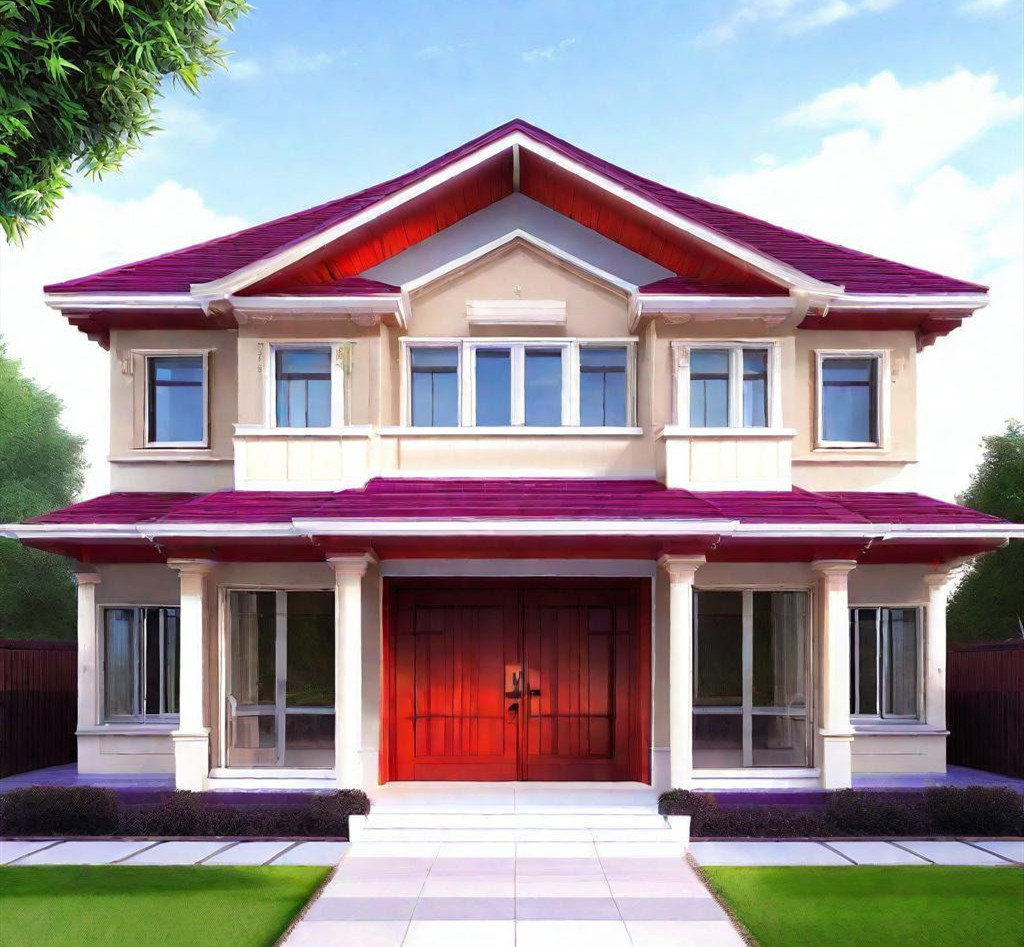In modern architecture, light steel villas are gaining popularity due to their structural stability, quick construction, and eco-friendliness. However, insulation performance is crucial for determining living comfort and energy efficiency. This article recommends several excellent insulation materials to help you create a warm and comfortable home.

1. Polyurethane Foam (PU)
Polyurethane foam is a widely used insulation material with excellent thermal insulation properties. Its low thermal conductivity effectively blocks heat transfer. PU foam is lightweight and possesses excellent waterproofing, preventing moisture from damaging the villa's structure. Additionally, PU foam can be spray-applied or manufactured in board form, providing high flexibility based on specific building needs.
2. Polystyrene Foam (EPS/XPS)
Polystyrene foam boards (EPS/XPS) are another common insulation option. EPS, or expanded polystyrene, offers good thermal insulation and compressive strength, making it suitable for walls and roofs. XPS (extruded polystyrene) excels in waterproofing, ideal for damp environments or basements. Both are easy to install, significantly enhancing the construction efficiency of light steel villas.
3. Glass Wool
Glass wool is an insulation material made from fibrous glass, providing excellent thermal and acoustic insulation. It is lightweight and easy to install, making it suitable for the walls and roofs of light steel villas. Glass wool also boasts impressive fire resistance, adding an extra layer of safety to your home. Moreover, many glass wool products undergo harmless treatment, making them environmentally friendly.
4. Mineral Wool
Mineral wool is an insulation material derived from natural minerals, featuring high fire resistance and insulation properties. Its high density and strength make it suitable for insulating load-bearing structures. Mineral wool also effectively absorbs sound, improving noise control in light steel villas. Although installation can be more complicated, its outstanding performance makes it a preferred choice for many architects.
5. Vacuum Insulation Panels (VIP)
Vacuum insulation panels are highly efficient insulation materials with extremely low thermal conductivity, effectively preventing heat transfer. While they are relatively expensive, their superior performance has made them increasingly popular in high-end construction projects. For light steel villas requiring specialized insulation, VIPs are undoubtedly an ideal choice.
6. Bio-based Insulation Materials
With growing environmental awareness, many new bio-based insulation materials are entering the market. These materials are typically made from natural plant fibers or other renewable resources, offering good insulation properties while reducing the building's carbon footprint. Using bio-based materials not only helps save energy and reduce emissions but also provides a healthier living environment.
Conclusion
Choosing the right insulation material is an essential aspect of building light steel villas. Whether it's polyurethane foam, polystyrene, glass wool, mineral wool, vacuum insulation panels, or bio-based materials, each is an excellent option for enhancing comfort and reducing energy consumption. When selecting, homeowners should consider their specific needs, budget, and environmental impact to make the best decision. Creating a warm home starts with choosing the right insulation materials.